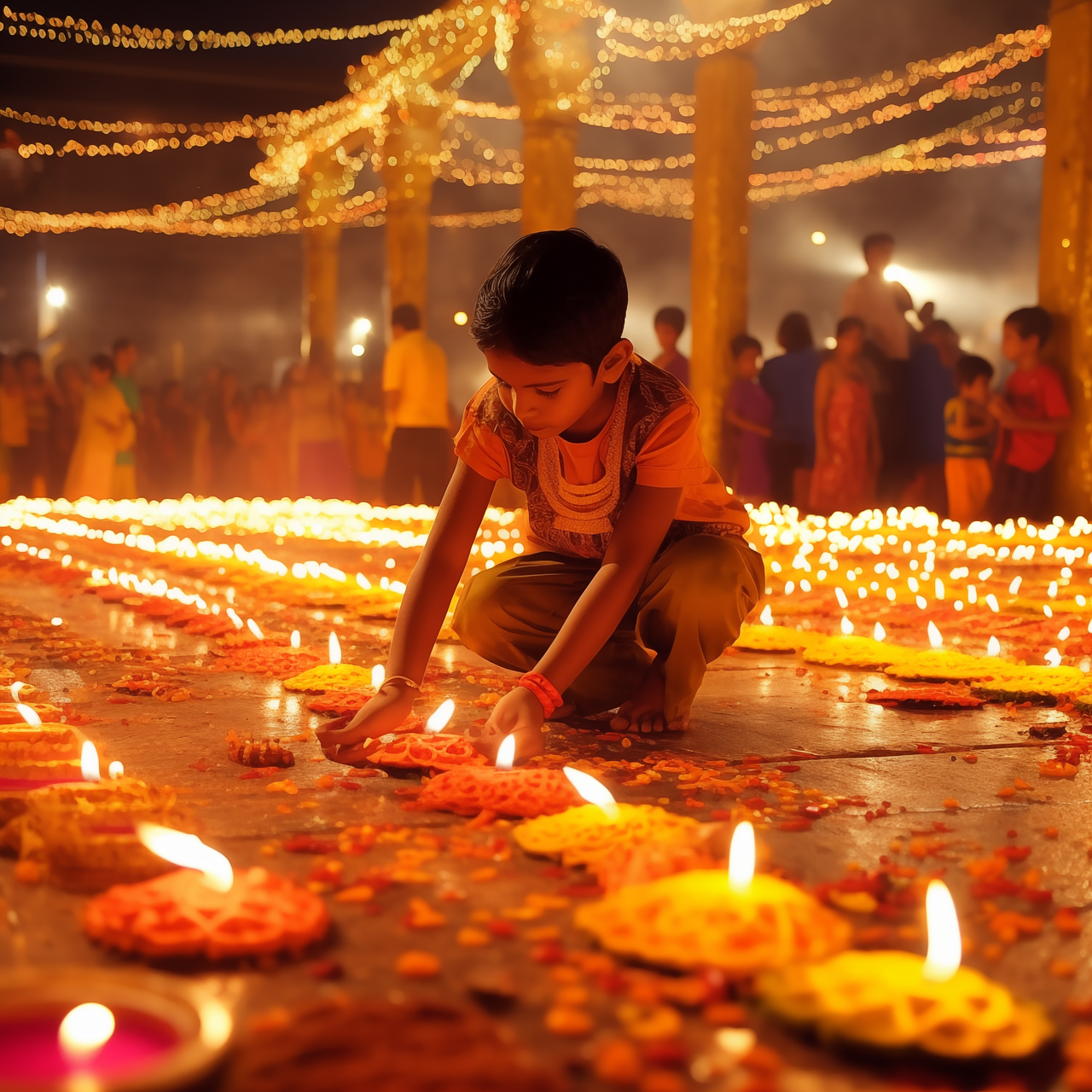Diwali, the Festival of Lights, brings with it an abundance of joy, celebrations, and delicious food. However, the festive season can also bring some hidden risks for your dental health. From indulging in hard sweets to forgetting oral hygiene in the hustle of celebrations, Diwali can unexpectedly lead to dental emergencies, including cracked teeth, gum issues, and toothaches. The last thing anyone wants is a trip to the dentist amid the festivities!
Here is a comprehensive guide with tips to help you prevent common dental issues during Diwali, so you can enjoy a safe, joyful, and pain-free celebration.
1. Be Cautious with Hard Sweets and Dry Fruits
Many traditional Diwali sweets, such as chikki (brittle made from jaggery and nuts) and hard candies, can pose a risk of cracking or chipping your teeth. Similarly, certain dry fruits like almonds and walnuts can be quite hard to bite down on.
Tip: Avoid biting down on hard sweets or dry fruits directly. Instead, break them into smaller, manageable pieces or soak them briefly to soften them. This will reduce the risk of damaging your teeth.

2. Don’t Use Teeth as Tools

It can be tempting to use your teeth to open packets or snack bags when you’re busy preparing Diwali goodies or setting up decor, but this habit can lead to chipped or cracked teeth.
Tip: Keep scissors and other tools nearby so you’re not tempted to use your teeth for anything other than eating. Using your teeth as tools can lead to painful dental injuries that may require emergency treatment.
3. Avoid Firecrackers use with Teeth
While it may sound strange, there are instances where people try to hold small firecrackers or sparkles in their mouth while lighting them, which is extremely dangerous. Aside from the fire hazard, this can also cause severe burns and injuries to your mouth, gums, and teeth.
Tip: Always keep firecrackers at arm’s length. Encourage everyone, especially children, to practice safe firecracker usage and avoid handling them near the face or mouth.
4. Limit Sticky Sweets and Mithai
4. Limit Sticky Sweets and Mithai
Diwali sweets like gulab jamun, ladoo, and barfi are often sticky and sugary. These sweets cling to the teeth and can increase the likelihood of tooth decay by providing a food source for harmful bacteria.
Tip: Rinse your mouth with water immediately after consuming sticky sweets to wash away as much sugar as possible. Try to limit your intake of sticky sweets, and remember to brush and floss later to remove any remaining residues.
5. Practice Moderation with Sugary Beverages
5. Practice Moderation with Sugary Beverages
Sugary drinks, such as cold drinks and sweetened juices, are a common part of Diwali gatherings. However, sugary beverages can weaken your enamel, increase the risk of cavities, and contribute to tooth sensitivity.
Tip: Opt for water or fresh fruit juices without added sugars as much as possible. If you do drink something sugary, use a straw to minimize contact with your teeth and rinse your mouth afterward to help reduce the sugar buildup.
6. Practice Good Oral Hygiene Despite the Festive Rush
With the busy schedules, parties, and travel plans, it’s easy to skip brushing or flossing during Diwali. However, neglecting oral hygiene during the festive season can lead to a buildup of plaque, cavities, and gum problems.
Tip: Stick to your regular brushing routine and floss daily, even on the busiest days. Consider keeping a small oral hygiene kit with a travel-sized toothbrush, toothpaste, and floss in your bag for convenience.
Diwali is a time of happiness, togetherness, and tradition, and it should be celebrated without any health worries. By being mindful of your oral health, you can enjoy all the festive foods and sweets without putting your teeth at risk. Taking small precautions can make a big difference and help you avoid painful dental emergencies during Diwali. Remember, a healthy smile is one of the best ways to light up the festival!
This Diwali, celebrate with moderation, keep your dental health in check, and make it a truly joyous occasion for yourself and your family.














